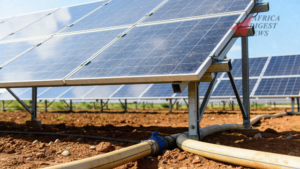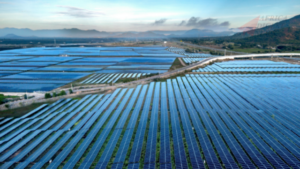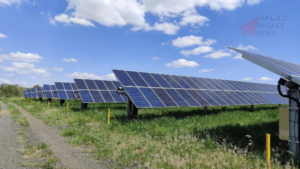
Written By: Faith Jemosop
Ethiopia has recently signed a series of minerals and energy agreements totaling $1.7 billion, primarily with Chinese firms, marking a significant step in its economic development strategy.
Strategic Partnerships with Chinese Firms
The majority of these deals involve Chinese companies, highlighting China’s growing role in Ethiopia’s infrastructure and energy sectors. These partnerships are part of Ethiopia’s broader efforts to attract foreign investment and leverage international expertise to develop its untapped mineral resources and expand its energy capacity.
Unlocking Ethiopia’s Mineral Wealth
Ethiopia is estimated to have only explored about 30% to 40% of its mineral resources, leaving a vast majority untapped. The country’s mineral wealth includes gold, nickel, tantalum, cobalt, copper, and base metals, primarily located in the eastern and northern regions. Recent investments have expanded Ethiopia’s coal reserves to over 1 billion tons, positioning the country as a potential key player in the global mining industry.
Energy Sector Expansion
Ethiopia is focusing on expanding its energy sector. The country plans to increase its electricity generation capacity from the current 4,300 MW to 17,300 MW by 2025, with projects spanning hydro, wind, geothermal, and biomass sectors. Chinese companies have been instrumental in this expansion, providing financing and expertise for various energy projects, including the controversial Gilgel Gibe III Dam and the Genale Dawa III hydropower project.
Economic Reforms and Foreign Investment
Ethiopia’s recent economic reforms have made it more attractive to foreign investors. Since 2022, 322 new Chinese investors have been licensed, bringing the total number of Chinese projects in Ethiopia to 3,303, with a combined portfolio valued at $8.5 billion.
Also read: Why South Africa Gives Big Power Discounts to Corporates (And What It Means for You)
These investments have created over 325,000 jobs, establishing China as Ethiopia’s leading source of foreign direct investment.
Infrastructure Development
The collaboration between Ethiopia and China extends beyond mining and energy. The two countries have partnered on significant infrastructure projects, such as the Addis Ababa -Djibouti Railway and the Sodo–Moyale–Suswa High Voltage Power Line, enhancing regional connectivity and trade.
Challenges and Considerations
Ethiopia faces challenges in fully realizing its mineral and energy potential. Issues such as inadequate infrastructure, outdated technology, lack of skilled personnel, and regional conflicts hinder progress. Moreover, illegal mining practices pose environmental risks and undermine legitimate operations.





